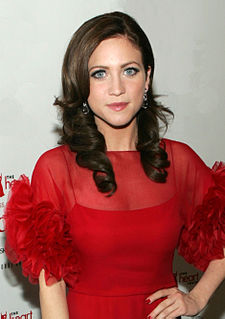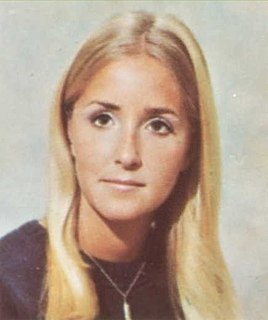A Quote by Michael Pitt
When I make movies, I have a lot of respect for my audience. I think my audience is smart. If there's a way to be entertained and get things out - real things, not stupid moral crap - that's the best.
Quote Topics
Related Quotes
I like to service the full audience of America, so I try to do things that are just real artistic, like when they don't have the most money, but it's a great piece of work. Then, there are big, fun comedies and big animated movies for kids. I want to do things for my nieces and nephews. Ultimately, we're trying to deliver something entertaining to an audience. As long as it can entertain the audience, and it makes me or my niece and nephew laugh or cry, then I think it's good.
I think most teen comedies are probably played in a way that aren't geared towards people that are wanting to be entertained but also [see] something that has a lot of heart to it. The things we do in the movie - it has a lot of heart, and also it's really smart. The people and the characters that we are, we're really intelligent people that are using our tactics to get back at a guy. The moral of being who you are, and trusting yourself, finding your inner strength - I think that's something that most teen movies don't really dial into.
You never know how things work and what exactly is going to grab an audience. Sometimes even the best material and the best collection of people interpreting that material just for some reason doesn't fly with people. There are a lot of TV shows or movies that maybe aren't as good as others that do work when it comes to finding an audience. It's a mystery, that whole thing. If somebody figured it out, this would be quite a great industry.
I do think - I always tell that to young people - go to college, do theater, work with an audience. Don't try to learn how to act in front of millions and millions of people. Don't make that your first ambition, to be on a sitcom or get into the movies. Learn who you are as an actor, and the best way to do that is to do it in front of an audience.
I think one of the things that is important, for me, though a lot of people would disagree with me, is that you be founded in theater so that you understand what an audience is, what kind of an animal it is and how to play with it. How to have fun with it, how to sympathize with it, all the things that an audience is. I don't think you're going to find that out unless you do theater.
I thought 'The Artist' was a perfect way to find a good balance. The artistic challenge is obvious because the film is black-and-white and its silent, but I did my best to make the movie accessible and easy to watch. I really don't want to make elitist movies. I really try hard to work for the audience. Audiences are smart. They get everything.
I always tell that to young people - go to college, do theater, work with an audience. Don't try to learn how to act in front of millions and millions of people. Don't make that your first ambition, to be on a sitcom or get into the movies. Learn who you are as an actor, and the best way to do that is to do it in front of an audience.
There's this belief that some things can be taken seriously in an intellectual way, while some things are only entertainment or only a commodity. Or there's some kind of critical consensus that some things are "good," and some things are garbage, throwaway culture. And I think the difference between them, in a lot of ways, is actually much less than people think. Especially when you get down to how they affect the audience.


































